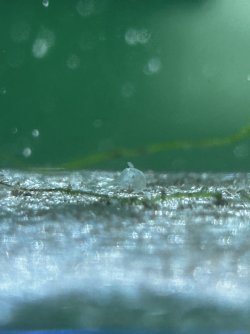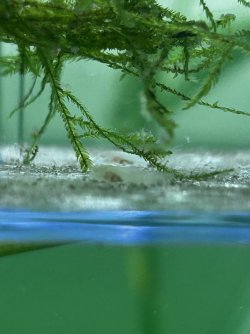Ciciwarriner
New Member
I have recently hatched Corydoras eggs for the first time. I have 3 fry currently in a breeding tank floating in the main tank. Two of them seem fine and are behaving as expected, but one of them seems to have a bloated abdomen and is struggling to swim or move around.
Can anyone tell me what this is? I thought maybe it was gas bubble disease but im not sure. I have a 180litre planted tank and j check the water quality at least once a week.
The swell seems to be getting bigger each day and now he can only lay on his side.
Added a photo of the other fry for comparison.
Can anyone tell me what this is? I thought maybe it was gas bubble disease but im not sure. I have a 180litre planted tank and j check the water quality at least once a week.
The swell seems to be getting bigger each day and now he can only lay on his side.
Added a photo of the other fry for comparison.



